Home>Furniture & Design>Bathroom Accessories>What Glass Cleaner To Use On Tinted Windows
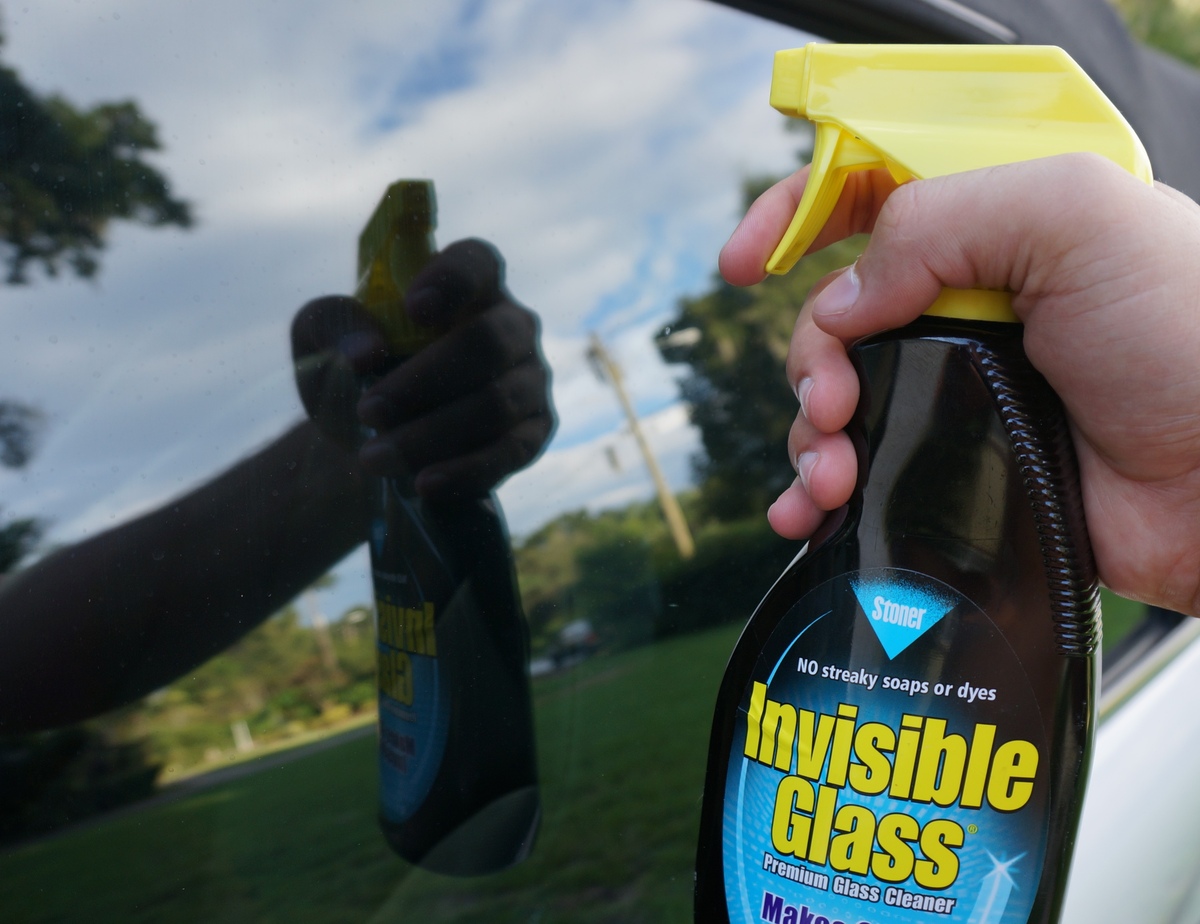

Bathroom Accessories
What Glass Cleaner To Use On Tinted Windows
Published: February 14, 2024
Looking for the best glass cleaner for tinted windows? Find top-rated bathroom accessories and expert tips for streak-free, safe cleaning. Discover the right products for your needs.
(Many of the links in this article redirect to a specific reviewed product. Your purchase of these products through affiliate links helps to generate commission for Storables.com, at no extra cost. Learn more)
Introduction
Tinted windows are a popular feature in many homes and vehicles, offering a range of benefits such as privacy, UV protection, and improved aesthetics. However, maintaining the cleanliness and appearance of tinted windows requires special care and attention. One crucial aspect of this maintenance is the use of the right glass cleaner. Choosing the appropriate cleaner is essential to prevent damage to the tint film and ensure the longevity of the windows' pristine appearance.
In this article, we will delve into the nuances of cleaning tinted windows, exploring the importance of using the correct glass cleaner and providing recommendations for products that are safe and effective for this purpose. Additionally, we will offer valuable tips to help you maintain the clarity and beauty of your tinted windows for years to come. Whether you are a homeowner with tinted windows or a car enthusiast seeking to preserve the allure of your vehicle's tinted glass, this guide will equip you with the knowledge and tools necessary to make informed decisions and achieve optimal results.
Key Takeaways:
- Choose a gentle, ammonia-free glass cleaner specifically formulated for tinted windows to maintain their clarity and integrity without causing damage to the delicate tint film.
- When cleaning tinted windows, use soft microfiber cloths, gentle pressure, and work in small sections to achieve streak-free results while preserving the visual appeal and functionality of the windows.
Understanding Tinted Windows
Tinted windows are a popular feature in homes, automobiles, and commercial buildings, offering a myriad of benefits beyond just aesthetic appeal. The tinting process involves applying a thin film to the interior surface of the glass, which serves various purposes, including heat reduction, UV protection, glare reduction, and enhanced privacy.
The tint film is typically made from polyester, and it is treated with various coatings to achieve specific properties. For instance, some films are designed to block a significant amount of solar heat, while others focus on UV protection to safeguard the interior from sun damage. Additionally, certain tint films are engineered to provide privacy by reducing the visibility into the interior of the space.
Understanding the composition and functionality of tinted windows is crucial when it comes to their maintenance. The tint film is delicate and can be susceptible to damage if not handled properly. This is particularly true when it comes to cleaning the windows, as the wrong cleaning agents can compromise the integrity of the film, leading to discoloration, peeling, or bubbling.
Moreover, the level of tint darkness can vary based on individual preferences and legal regulations. While some individuals opt for a light tint to maintain visibility, others prefer a darker tint for increased privacy and heat reduction. It's important to note that the darkness of the tint can impact the cleaning process, as darker tints may require more caution to avoid visible streaks or residue.
In the context of automobiles, tinted windows also contribute to the overall comfort of the vehicle's occupants by reducing the amount of heat and glare that penetrates the interior. This can be especially beneficial during hot and sunny days, as the tint film helps maintain a cooler and more pleasant environment inside the vehicle.
In summary, tinted windows offer a range of advantages, from improved privacy and UV protection to enhanced aesthetics and comfort. Understanding the composition, functionality, and maintenance requirements of tinted windows is essential for ensuring their longevity and optimal performance. With this knowledge in mind, it becomes evident that using the right glass cleaner is paramount in preserving the integrity and appearance of tinted windows.
Importance of Using the Right Glass Cleaner
The significance of using the appropriate glass cleaner for tinted windows cannot be overstated. Tinted windows are coated with a thin film that is susceptible to damage from harsh chemicals and abrasive cleaning agents. Therefore, selecting a glass cleaner specifically formulated for tinted windows is crucial in preserving the integrity and appearance of the tint film.
Using the wrong glass cleaner can lead to adverse effects such as discoloration, peeling, or bubbling of the tint film. This not only compromises the visual appeal of the windows but also diminishes their functionality. Additionally, some conventional glass cleaners contain ammonia, which can be detrimental to tinted windows. Ammonia-based cleaners can cause the tint film to degrade over time, resulting in a hazy or cloudy appearance that detracts from the overall aesthetics of the windows.
Furthermore, the use of improper glass cleaners may leave streaks or residue on the tinted windows, diminishing their clarity and obstructing visibility. This is particularly problematic in vehicles, as impaired visibility can compromise safety while driving. Therefore, using a glass cleaner specifically designed for tinted windows is essential in maintaining optimal visibility and ensuring a clear, unobstructed view through the windows.
In addition to preserving the visual appeal and functionality of tinted windows, using the right glass cleaner also contributes to the longevity of the tint film. By choosing a cleaner that is gentle yet effective, the tint film remains intact and continues to provide UV protection, heat reduction, and privacy benefits for an extended period. This not only safeguards the investment made in tinted windows but also minimizes the need for premature replacement or repair due to damage caused by unsuitable cleaning agents.
In summary, the importance of using the right glass cleaner for tinted windows cannot be emphasized enough. By selecting a cleaner that is specifically formulated for tinted windows and free from harmful chemicals such as ammonia, individuals can preserve the integrity, appearance, and functionality of their tinted windows. This proactive approach not only enhances the visual appeal of tinted windows but also contributes to their long-term durability and performance.
When cleaning tinted windows, use a non-ammonia based glass cleaner to avoid damaging the tint. Look for products specifically labeled as safe for tinted windows.
Recommended Glass Cleaners for Tinted Windows
When it comes to cleaning tinted windows, using the right glass cleaner is paramount in maintaining their pristine appearance and functionality. Fortunately, there are several glass cleaners specifically formulated for tinted windows that effectively remove dirt, grime, and residue without compromising the integrity of the tint film. Here are some recommended glass cleaners that are safe and suitable for cleaning tinted windows:
-
Invisible Glass Premium Glass Cleaner: This ammonia-free formula is renowned for its streak-free cleaning performance, making it an ideal choice for tinted windows. It effectively dissolves and lifts away contaminants, leaving the windows crystal clear without any residue or streaks. Additionally, it is safe for use on tinted windows, ensuring that the tint film remains unharmed and visually appealing.
-
Stoner Car Care Invisible Glass Cleaner: Specifically designed for automotive applications, this glass cleaner is highly effective in removing fingerprints, smudges, and other common contaminants from tinted windows. Its clear-drying formula eliminates streaks and residue, providing exceptional clarity and visibility. Moreover, it is safe for use on tinted windows, making it a preferred choice for maintaining the cleanliness of automotive glass.
-
Meguiar's Perfect Clarity Glass Cleaner: Engineered to deliver superior cleaning performance without compromising tinted windows, this glass cleaner effectively removes dirt and grime while maintaining the integrity of the tint film. Its professional-grade formula ensures streak-free results, enhancing the transparency and visual appeal of tinted windows in both residential and automotive settings.
-
Griot's Garage Glass Cleaner: This ammonia-free glass cleaner is gentle yet powerful, making it suitable for cleaning tinted windows without causing damage to the tint film. It effectively eliminates contaminants and leaves the glass surfaces spotless and clear. Whether used in homes or vehicles, this glass cleaner is a reliable choice for maintaining the cleanliness and appearance of tinted windows.
-
Rain-X Glass Cleaner: Known for its advanced formula that repels rain, sleet, and snow, this glass cleaner is also safe for use on tinted windows. It effectively removes dirt and grime while providing streak-free clarity, ensuring that tinted windows maintain their pristine appearance and functionality.
When selecting a glass cleaner for tinted windows, it is essential to choose a product that is specifically formulated to be safe and effective for use on tinted surfaces. By opting for one of the recommended glass cleaners mentioned above, individuals can confidently maintain the cleanliness, clarity, and integrity of their tinted windows without compromising their appearance or functionality.
Tips for Cleaning Tinted Windows
Cleaning tinted windows requires a delicate approach to ensure the preservation of the tint film and the attainment of streak-free, crystal-clear results. Here are some valuable tips to guide you through the process of cleaning tinted windows effectively and safely:
-
Choose the Right Cleaner: Opt for a glass cleaner specifically formulated for tinted windows. Ammonia-free cleaners are highly recommended, as ammonia can cause damage to the tint film over time. By selecting a cleaner designed for use on tinted surfaces, you can ensure that the integrity and appearance of the tint film are preserved.
-
Use Microfiber Cloths: When cleaning tinted windows, utilize soft, lint-free microfiber cloths. These cloths are gentle on the glass and tint film, minimizing the risk of scratches or abrasions. Additionally, microfiber cloths effectively capture dirt and grime without leaving behind lint or residue, contributing to a streak-free finish.
-
Avoid Abrasive Tools: Refrain from using abrasive tools or materials such as rough sponges or paper towels, as they can scratch the tint film and compromise the clarity of the windows. Opt for gentle cleaning implements to safeguard the delicate surface of the tinted windows.
-
Apply Gentle Pressure: When cleaning tinted windows, apply gentle and even pressure to the glass surface. Avoid excessive force, as this can potentially damage the tint film or cause streaking. By using a light touch, you can effectively remove contaminants while minimizing the risk of unintended damage.
-
Work in Sections: Divide the window into manageable sections when cleaning to ensure thorough coverage and consistent results. By working in small areas at a time, you can focus on removing dirt and residue without allowing the cleaning solution to dry on the glass, which can lead to streaking.
-
Regular Maintenance: Establish a regular cleaning schedule to prevent the accumulation of dirt and grime on the tinted windows. Regular maintenance not only preserves the visual appeal of the windows but also minimizes the effort required for cleaning, as light, routine cleaning is often more manageable than tackling heavy buildup.
-
Avoid Direct Sunlight: Whenever possible, avoid cleaning tinted windows in direct sunlight. Cleaning solutions can dry quickly in direct sunlight, leading to streaks and residue. Choose a shaded or indoor location for cleaning to ensure optimal results.
By adhering to these tips, individuals can effectively clean and maintain the clarity and appearance of tinted windows while safeguarding the integrity of the tint film. With the right approach and suitable cleaning products, achieving spotless, streak-free results on tinted windows is both achievable and sustainable.
Read more: What Is The Best Tint For Car Windows
Conclusion
In conclusion, the maintenance of tinted windows is a critical aspect of preserving their functionality, visual appeal, and longevity. The use of the right glass cleaner is paramount in safeguarding the delicate tint film and ensuring that the windows remain clear, pristine, and free from damage. By understanding the nuances of tinted windows and the importance of using suitable cleaning products, individuals can proactively maintain the integrity and appearance of their tinted windows for years to come.
The recommendations for glass cleaners specifically formulated for tinted windows provide a reliable starting point for individuals seeking to effectively clean and maintain their tinted windows. These cleaners are designed to deliver exceptional cleaning performance while being gentle on the tint film, ensuring that the windows remain free from streaks, residue, and damage. By selecting a glass cleaner from the recommended list, individuals can confidently address the cleaning needs of their tinted windows, knowing that the integrity and appearance of the windows are being preserved.
Furthermore, the tips for cleaning tinted windows offer practical guidance for achieving optimal results while minimizing the risk of damage to the tint film. By choosing the right cleaner, utilizing gentle cleaning implements, and adhering to best practices, individuals can effectively remove dirt, grime, and residue from tinted windows without compromising their visual clarity or structural integrity. These tips empower individuals to approach the cleaning process with confidence, knowing that they are preserving the pristine appearance and functionality of their tinted windows.
Ultimately, the conscientious care and maintenance of tinted windows contribute to their long-term performance and aesthetic appeal. By incorporating the knowledge and recommendations presented in this article, individuals can navigate the process of cleaning and maintaining tinted windows with ease and effectiveness. Whether in residential or automotive settings, the application of suitable glass cleaners and best practices ensures that tinted windows remain a source of privacy, UV protection, and visual allure for years to come.
In essence, the proper care and maintenance of tinted windows, including the use of the right glass cleaner and adherence to best practices, are essential in preserving their functionality, visual appeal, and longevity. With the insights and recommendations provided in this article, individuals are equipped to uphold the pristine appearance and performance of their tinted windows, ensuring that they continue to enhance the comfort, privacy, and aesthetics of their living spaces and vehicles.
Frequently Asked Questions about What Glass Cleaner To Use On Tinted Windows
Was this page helpful?
At Storables.com, we guarantee accurate and reliable information. Our content, validated by Expert Board Contributors, is crafted following stringent Editorial Policies. We're committed to providing you with well-researched, expert-backed insights for all your informational needs.


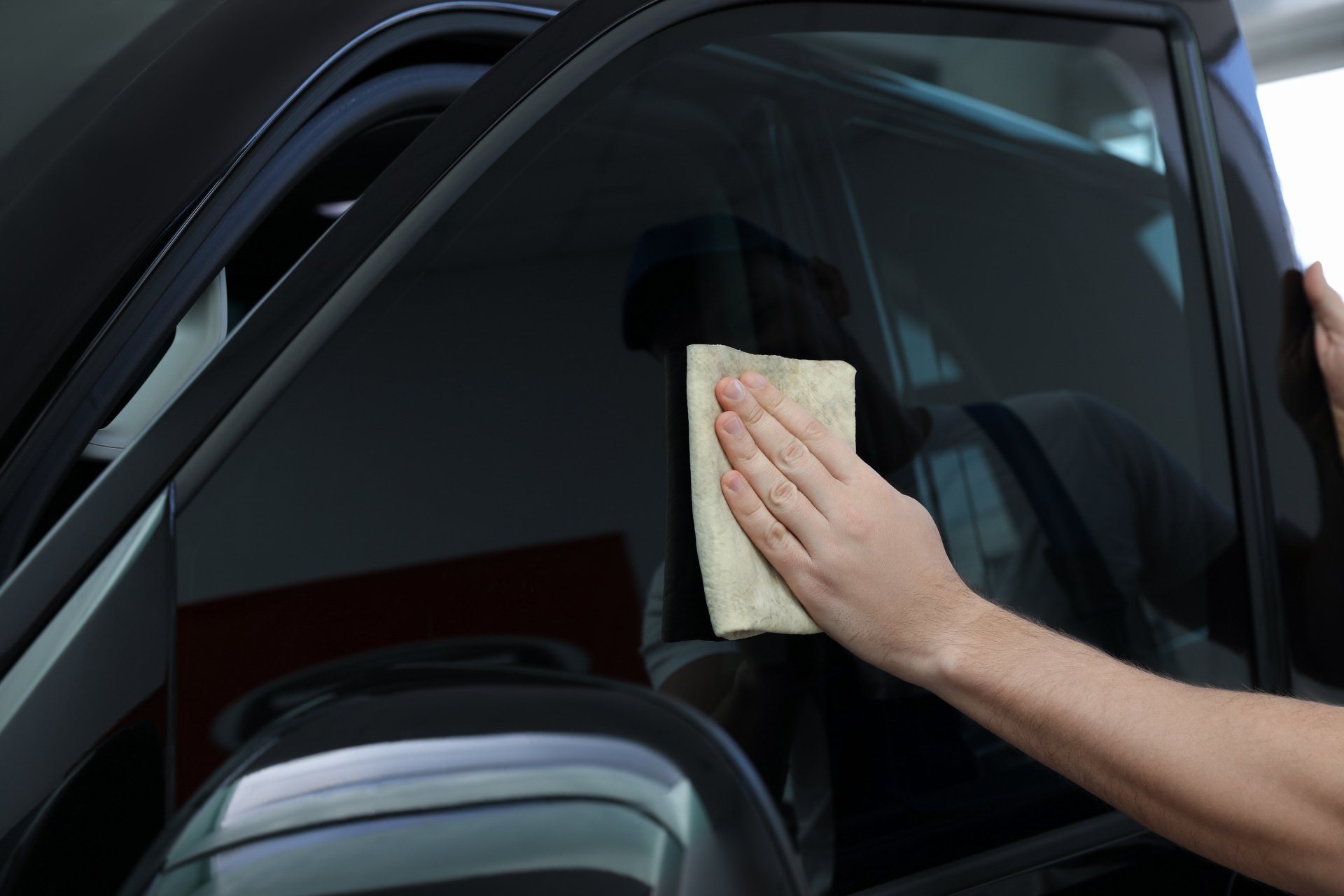
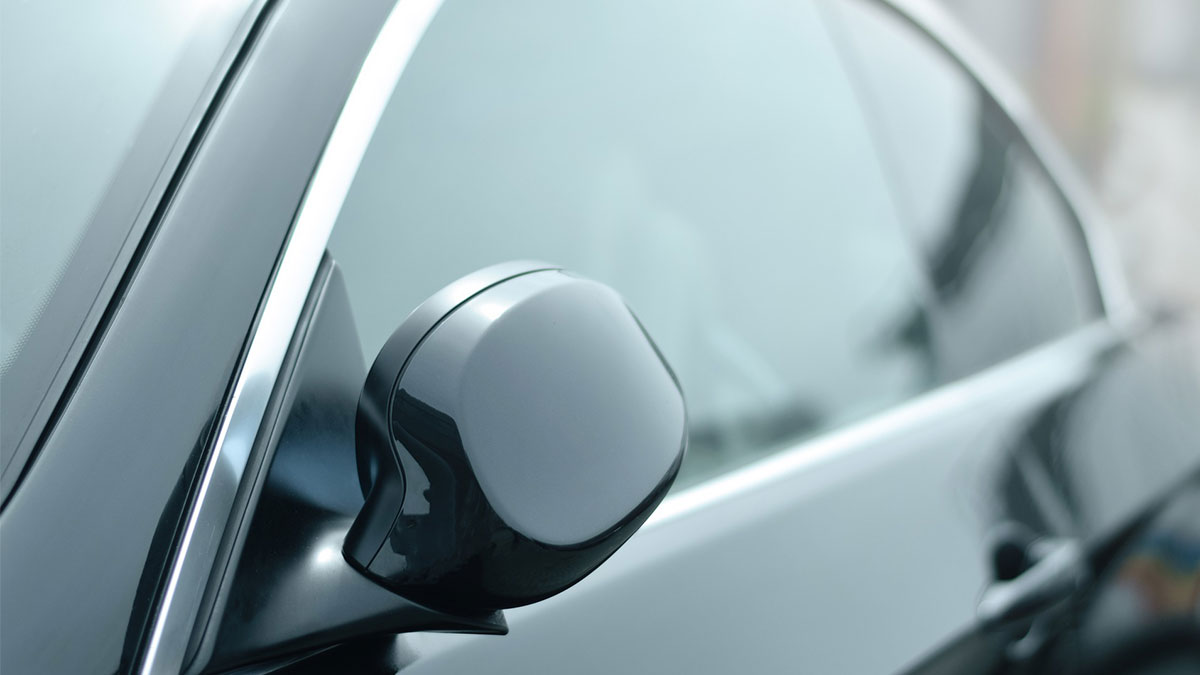

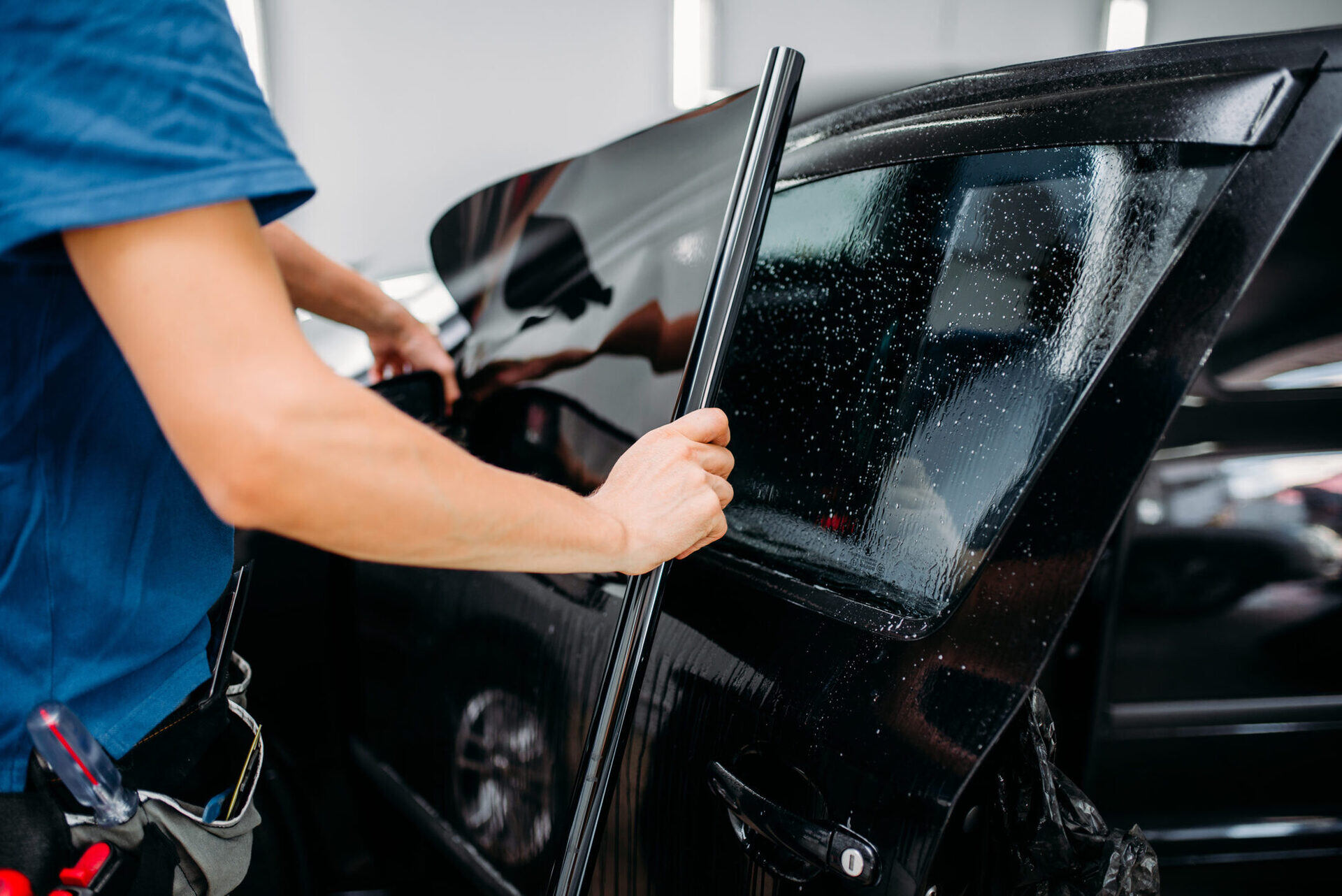
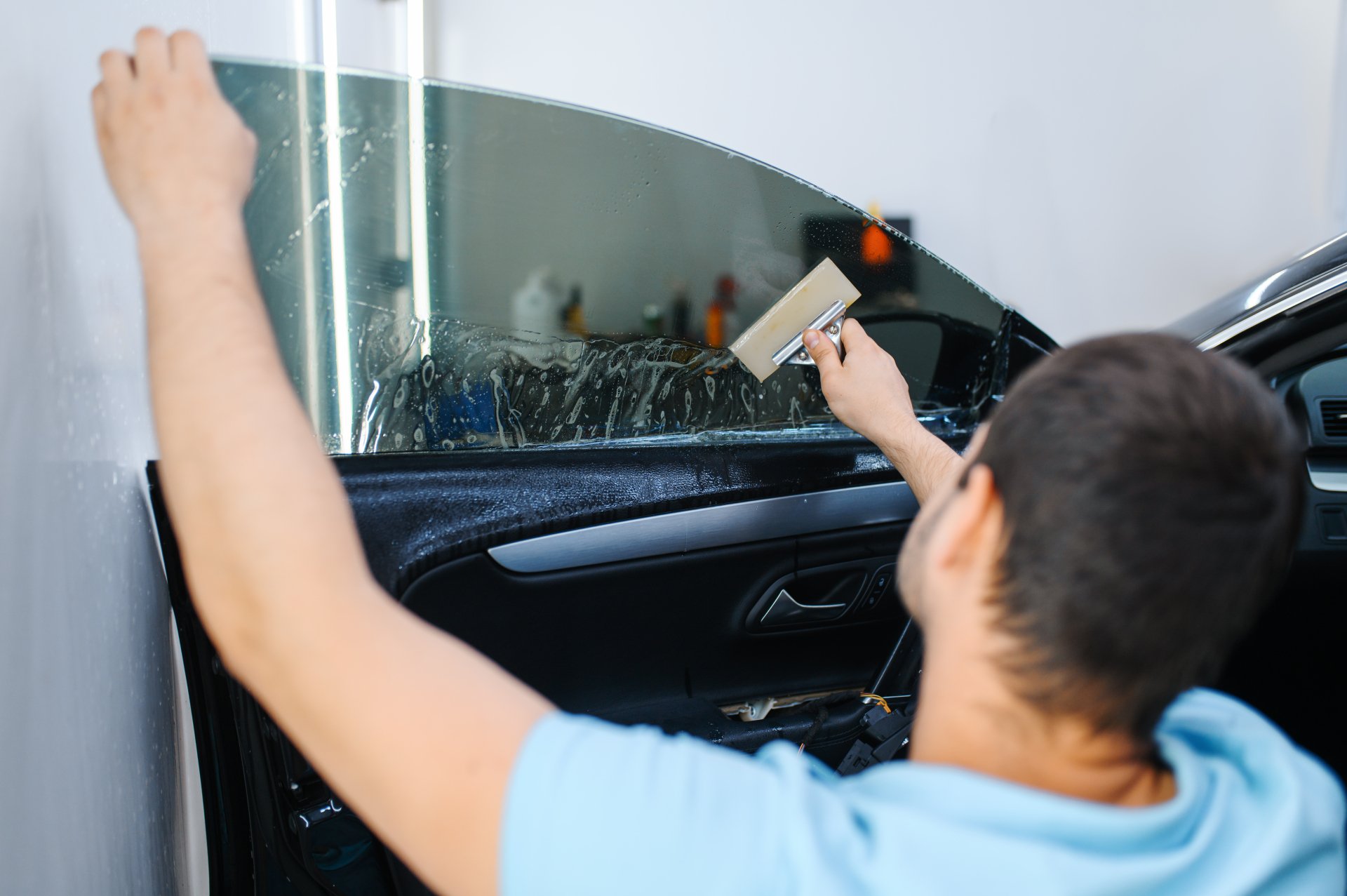
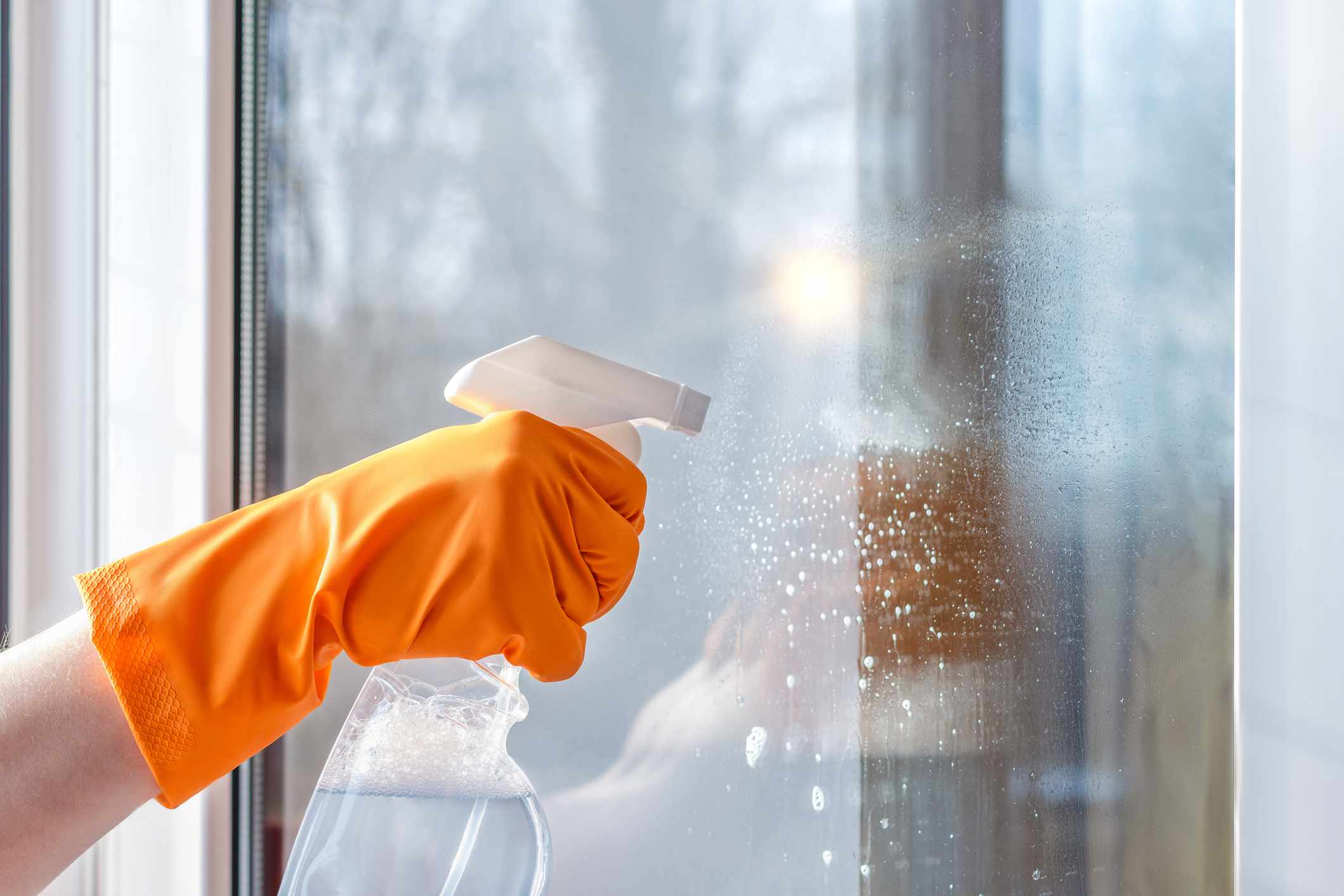
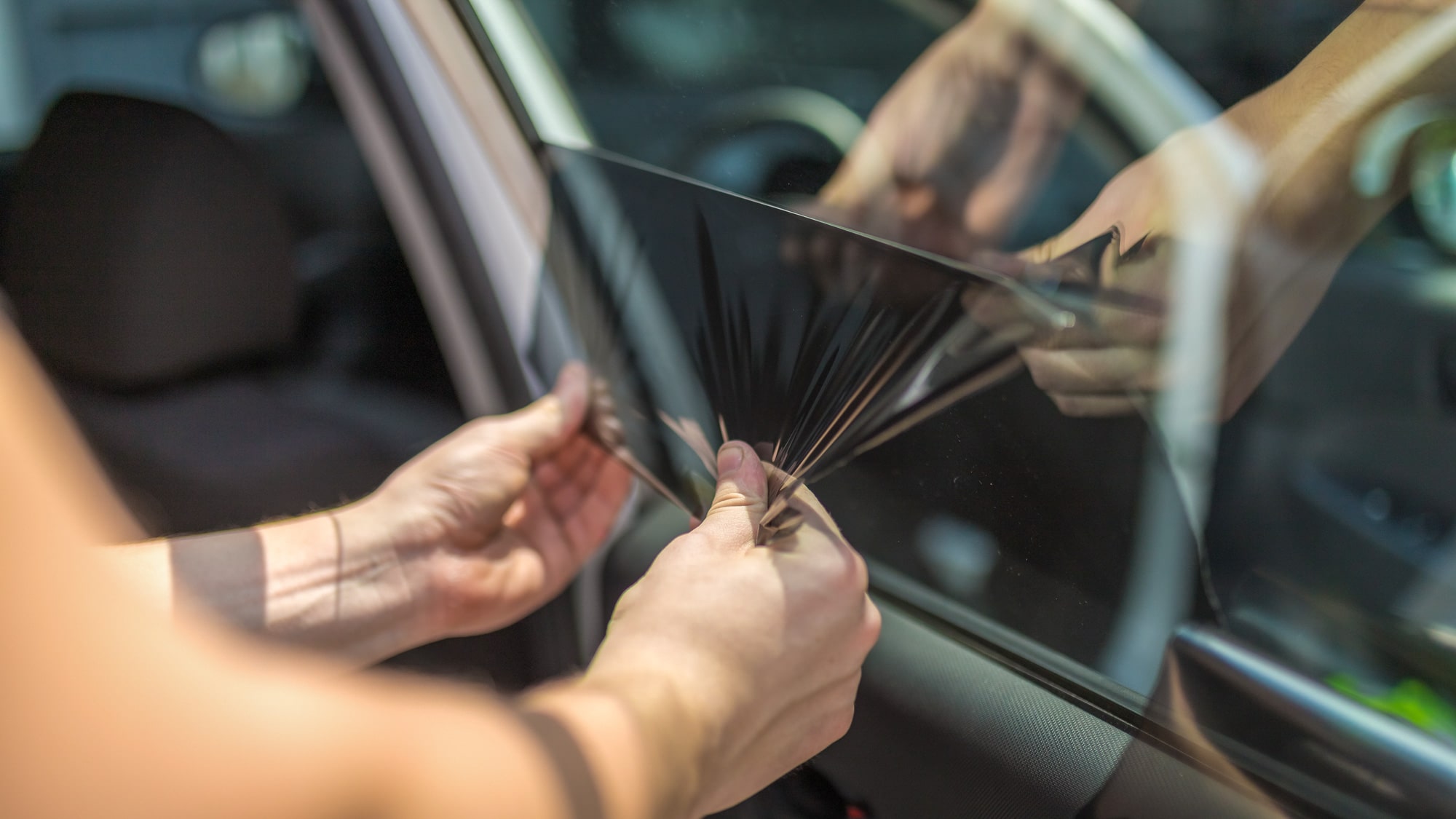

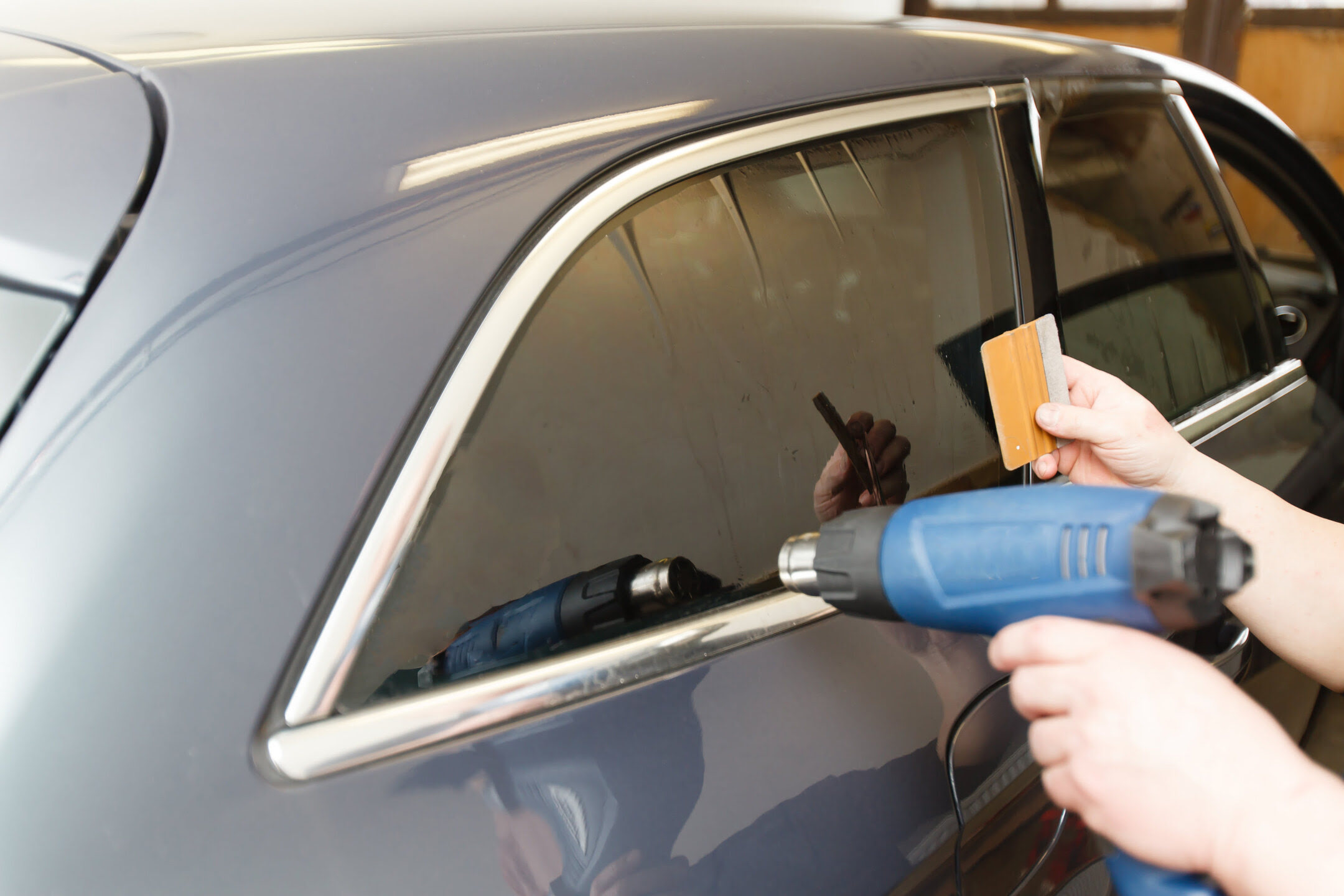
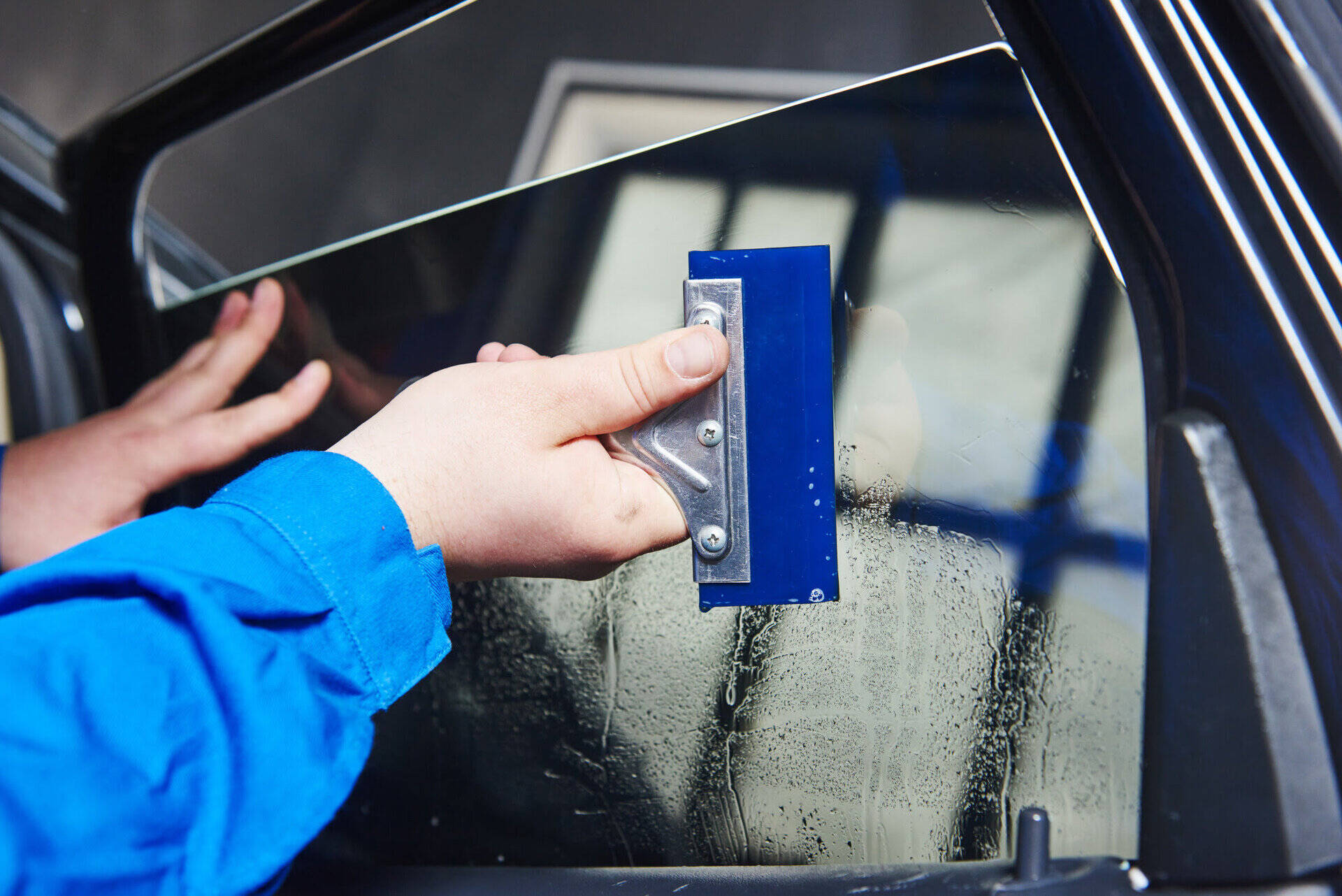
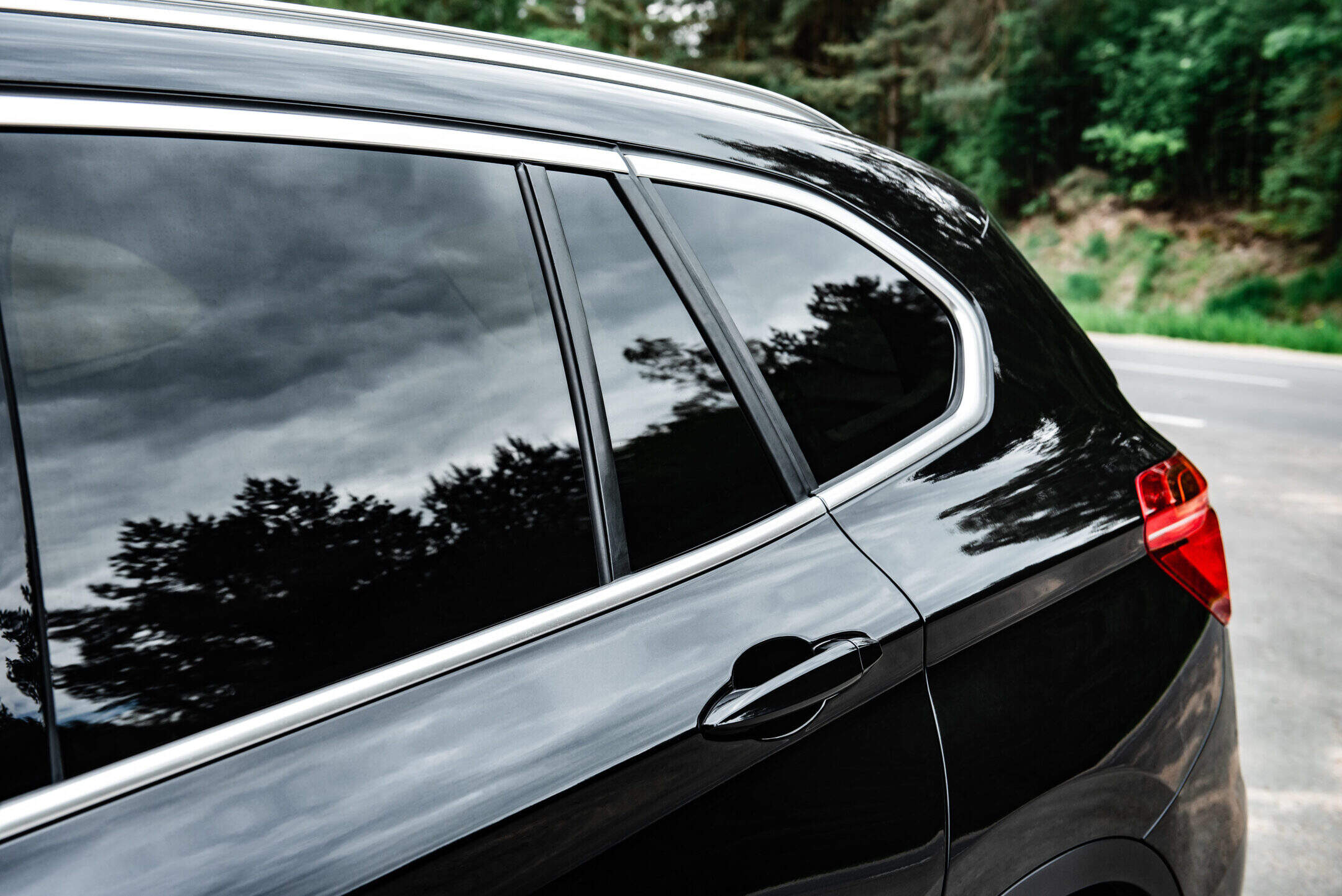
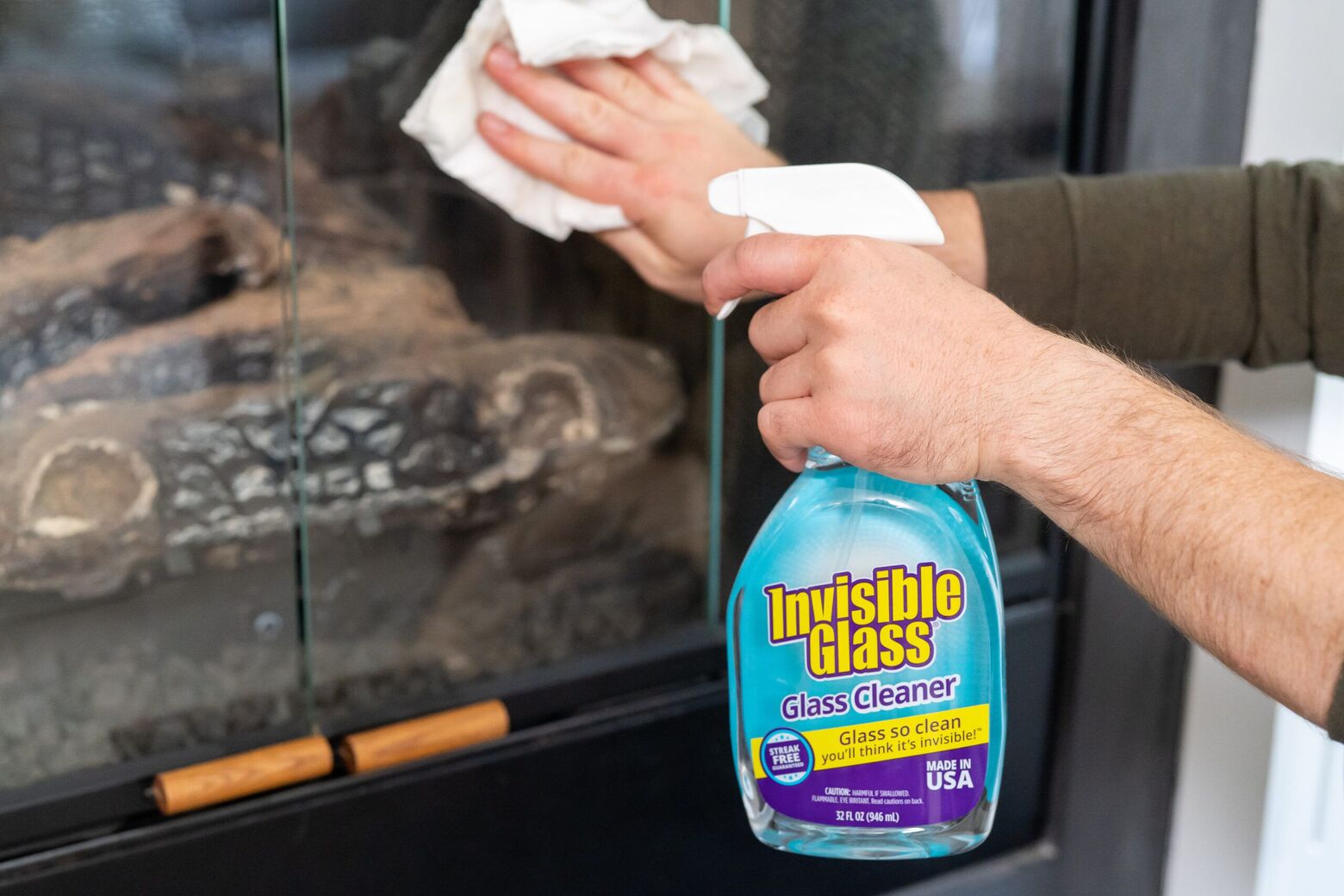

0 thoughts on “What Glass Cleaner To Use On Tinted Windows”